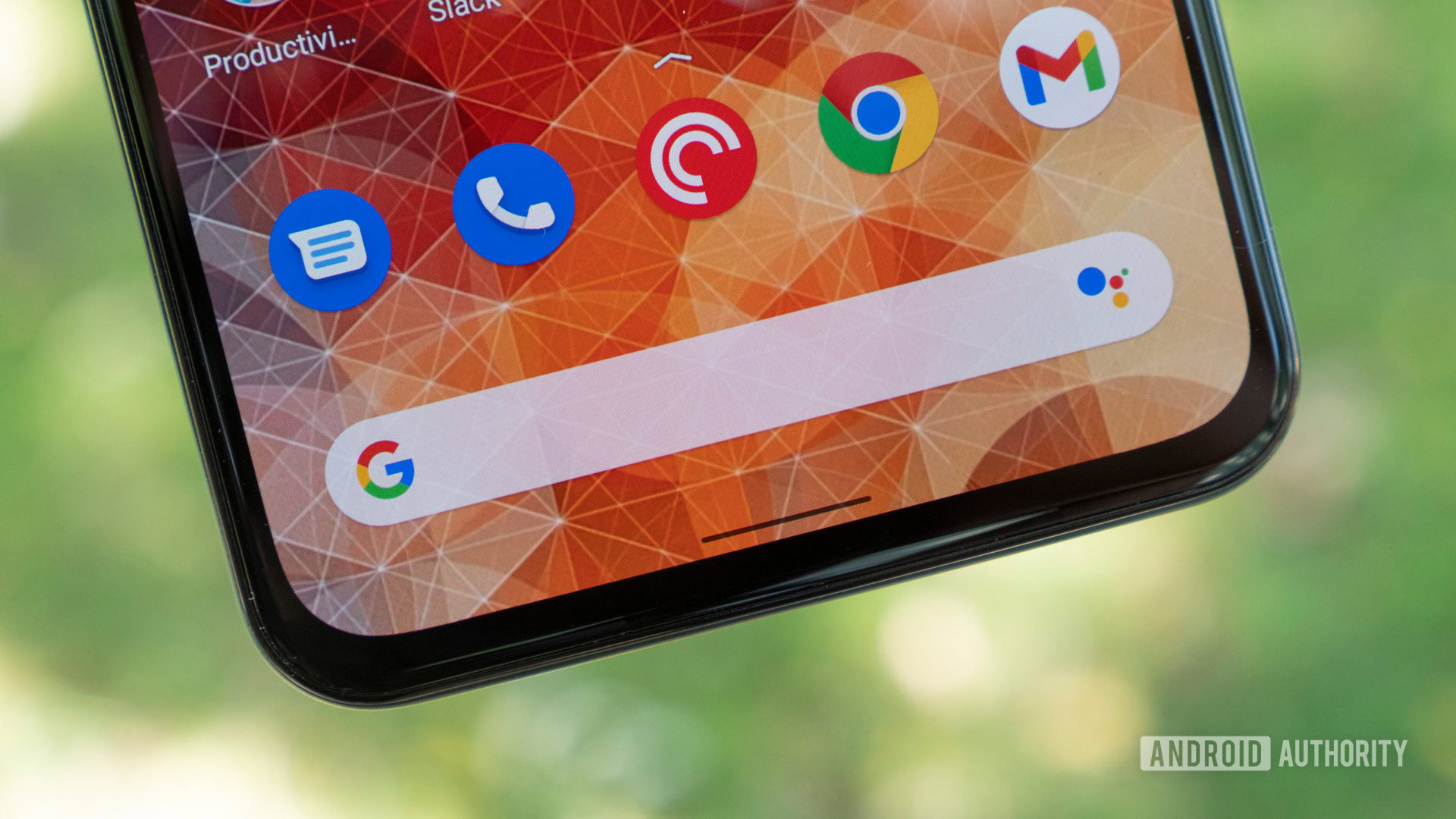Affiliate links on Android Authority may earn us a commission. Learn more.
Google sounds the alarm on 'extreme' DoJ proposal to sell Chrome
Published onNovember 21, 2024

- Google has hit out at the US Department of Justice after it called for Google to sell Chrome and make major changes to Android.
- The search giant called it an extreme proposal and argued that it would endanger the security and privacy of users.
- Google also argued that this order would expose US citizens’ search queries to other foreign and domestic companies.
The US Department of Justice (DoJ) has just called on Google to sell its Chrome web browser and make major changes to Android or sell the platform. Now, Google has hit back against this court filing.
The search giant reacted to the DoJ filing by saying the department was pushing a “radical interventionist agenda” and that this “extreme proposal” would have various adverse effects. It started by saying that selling Chrome and possibly Android would “endanger the security and privacy of millions of Americans” and “undermine” the quality of products.
Do you think Google should sell Chrome?
Google also said the order would require Google’s innovations, results, and “Americans’ personal search queries” to be disclosed to foreign and domestic companies. Staying with personal search queries, the Mountain View company claimed that these proposed actions would “deliberately hobble” people’s ability to access Google Search.
The big tech company also argued that the DoJ proposal would “chill” AI investment. Furthermore, Google claimed the government would be forced to micro-manage Google Search and other technologies via a technical committee.
Google also said the Mozilla Firefox web browser would be one casualty of these proposed actions. The search giant has long paid Mozilla hundreds of millions of dollars for Google to be the default search engine, making up the majority of revenue for the alternative web browser.
The Mountain View company also gave an example of what these remedies would mean for users:
As just one example, DOJ’s proposal would literally require us to install not one but two separate choice screens before you could access Google Search on a Pixel phone you bought. And the design of those choice screens would have to be approved by the Technical Committee. And that’s just a small part of it. We wish we were making this up.
Of course, it’s worth noting that Google already offers choice screens in some markets such as the European Union. And it seems like these users have fared just fine.
In any event, this saga is far from over. Google concluded by saying it would file its own proposals in December and make a “broader case” in 2025.